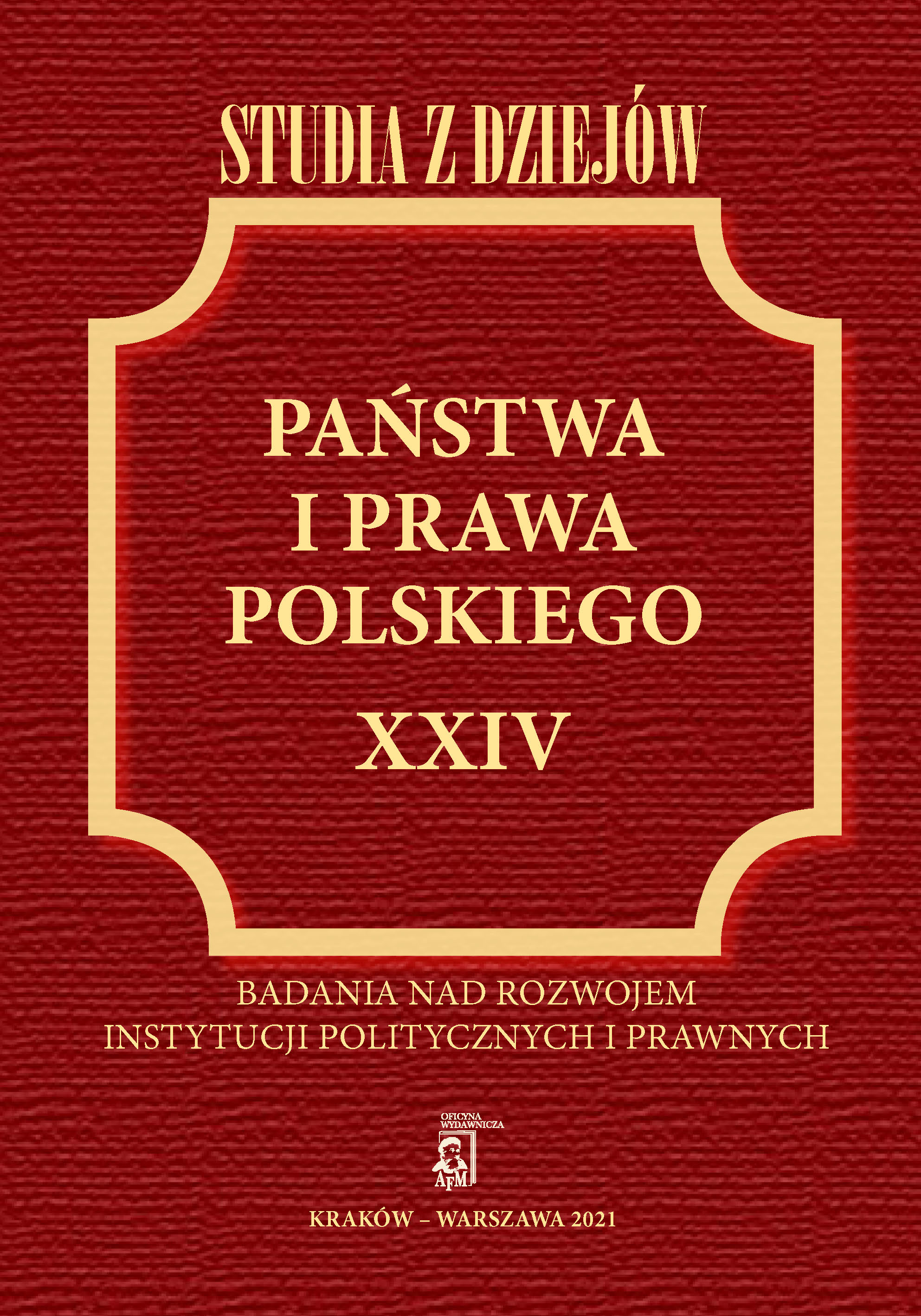Testamentary Law in Congress Poland on the example of the files of the Zgierz notaries in the years 1826–1875
Testamentary Law in Congress Poland on the example of the files of the Zgierz notaries in the years 1826–1875
Author(s): Justyna BiedaSubject(s): Law, Constitution, Jurisprudence, Civil Law, 19th Century, Administrative Law
Published by: Oficyna Wydawnicza KA AFM
Keywords: Kingdom of Poland; inheritance law; will; notary;
Summary/Abstract: Contemporary Polish inheritance law adopts the principles of freedom of testing, assuming that everyone has the right to freely dispose of their property in the event of death by way of a will. The freedom of testing, however, is not something obvious and it was not the one that governed inheritance in Poland during the period of the First Polish Republic. It was not until the 19th century that it brought Europe, including the Polish lands, profound changes in the field of inheritance law. The general rule of freedom of testing was, in principle, the first in modern Europe to be introduced by the Napoleonic Code of 1804, in force in Poland from 1808 until 1846. However, the guaranteed principle of freedom of testing experienced serious restrictions if the testator had descendants or the spouse, although, as practice shows, the writers were often guided by their own sense of justice, and not by law. The Napoleonic Code envisaged three forms of last wills: a public will, a secret will, and a handwritten will. The first two forms were subject to a number of formal conditions. A handwritten will, on the other hand, although it only required the writer to be able to write, was not popular, probably because of the society’s considerable illiteracy. Although the right to obtain testamentary bequests was universal, it was not absolute. The legislator provided for certain restrictions dictated primarily by social considerations, aimed at eliminating the pressure on the legislator. The property dispositions predominantly concerned the testator’s entire property and covered both all movable and immovable property. In the light of the deeds of the Zgierz notaries, the most popular form of property dispositions in the event of death was the making of testamentary dispositions in the form of a special clause, transferring all possessed property, its part or individual components.
Journal: Studia z Dziejów Państwa i Prawa
- Issue Year: XXIV/2021
- Issue No: 1
- Page Range: 187-205
- Page Count: 19
- Language: English

